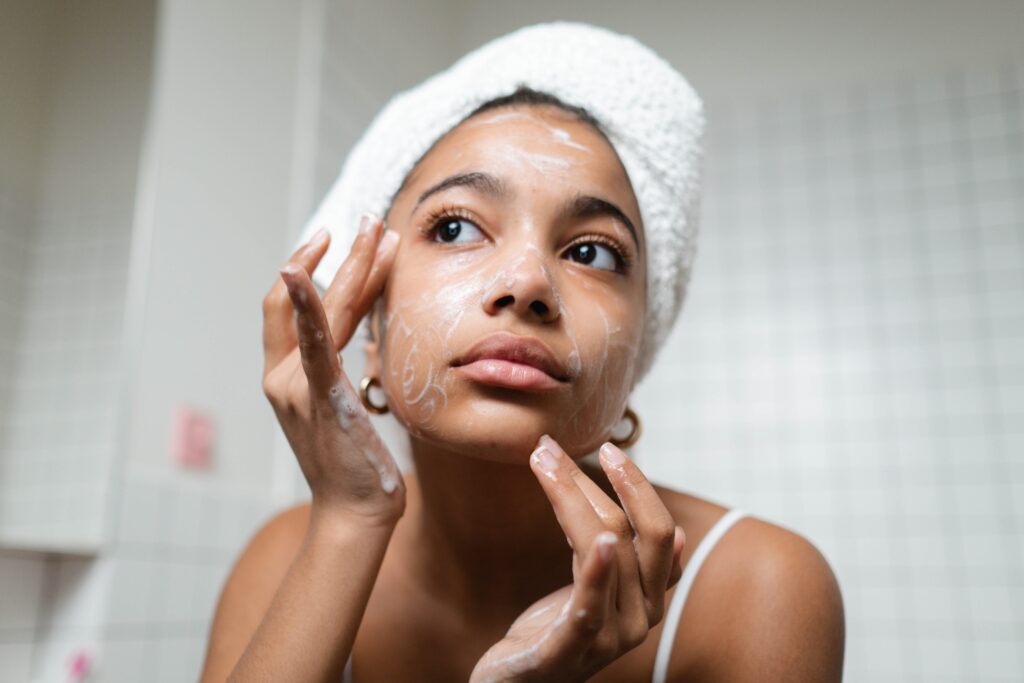Epilepsy Wellness
The news is a little like a firehose these days and we know stress can be a seizure trigger. Of course, epilepsy is varied and the effect on each individual will depend on the type of your epilepsy and your seizures. But let’s be honest, a little self-care never hurt.
Self-care and epilepsy
In my case having Epilepsy and side effects from my meds has caused me to experience depression and anxiety. This depression and anxiety has made me not want to socialize, not want to leave the house to meet people. For years I thought I was alone in feeling this way but I really wasn’t.
If you have been diagnosed with epilepsy, it is not unusual to feel some anxiety, sadness, or concern about the situation. Whatever your age, you will be wondering how best to manage the many challenges you may face. Learning as much as you can about your epilepsy may help you to feel more confident about managing the condition, but also how to manage everyday obstacles.
Self-care Tips:
1) Get some sleep
Sleep deprivation is known to be a common seizure trigger. A regular sleep routine like going to bed at roughly the same time each night and waking at the same time in the morning promotes good sleep. Sleep can affect seizures in lots of ways. During normal sleep-wake cycles changes in the brain’s electrical and hormonal activity occur. These changes can be related to why some people have more seizures during sleep than others, and why not getting enough sleep can trigger seizures. In fact, some people’s seizures are tied very closely with their sleep. They may have all their seizures while sleeping, which is known as Nocturnal Seizures, or when falling asleep or waking up occurs. For other people, sleep may not be a common trigger-so maybe they are overtired and faced with stress which will then trigger a seizure.
2) Avoid visual triggers
Some people with epilepsy are photosensitive. Flickering television images, TV games, and flashing lights can provoke seizures. If a person with epilepsy is watching TV, it is advised that the rest of the room is then well lit and that the person watching TV is at least eight feet away from the TV. Or when it is time to wind down for bed use a sleep mask to block out any stray LED light.
3) Move a little
Aerobic exercise is good for sleep and overall health. Of course, those of us living with Epilepsy should take precautions. For example, don’t swim alone and make sure any exercise area has cushioned flooring and is free from obstructions. If you haven’t tried yoga you could give it a try at a local studio. Or even just throw on some sneakers and go for a walk. If you’re someone who likes to get gold stars for your accomplishments (I do) you could try a wearable to track your progress.
4) Eat a balanced diet
For anyone who wants good health, doctors stress eating a balanced diet with a variety of healthy foods — and for people with epilepsy there are some additional considerations. In some people, disturbances in levels of calcium, magnesium, and sodium can be caused by antiepileptic drugs. Vitamin D, which is extremely important for bone strength, can be diminished by AEDs. Make sure you eat plenty of foods high in Vitamin D, like;
-Fatty fish, like tuna, mackerel, and salmon.
-Dairy products, orange juice, soy milk, and cereals.
-Cheese.
-Egg yolks
-GREENS!!
TRY THIS: For more info on diet and epilepsy check out: DIET AND EPILEPSY
5) Manage stress
I can’t say enough how much Yoga and Meditation have helped me recently! Yoga lowers stress and improves your mood. Some yoga methods use specific meditation techniques, which focus the mind on your breathing to quieten the constant fog that goes on in your head after work or when you’re anxious. It also relieves stress and allows you to feel relaxed. Practicing breathing techniques can also boost oxygen levels to the brain, leaving you feeling happier and more content with everyday life. Pets are also a great source of love and support.
6) Don’t skip medication
Seizures can be provoked simply by missing a dose or two of medication. Put medication in a place where the person who is taking it is not likely to overlook it. For instance, I leave mine in the bathroom because I know I will see it whilst brushing my teeth in the morning and the evening.
7) You are worth it
And remember, you are worth the effort! Take the time to care for yourself. Make it a goal for 2025!
COMMENT BELOW on how you are incorporating self-care into your daily routine this year.










Michelle
Thank you for the self-care reminders!